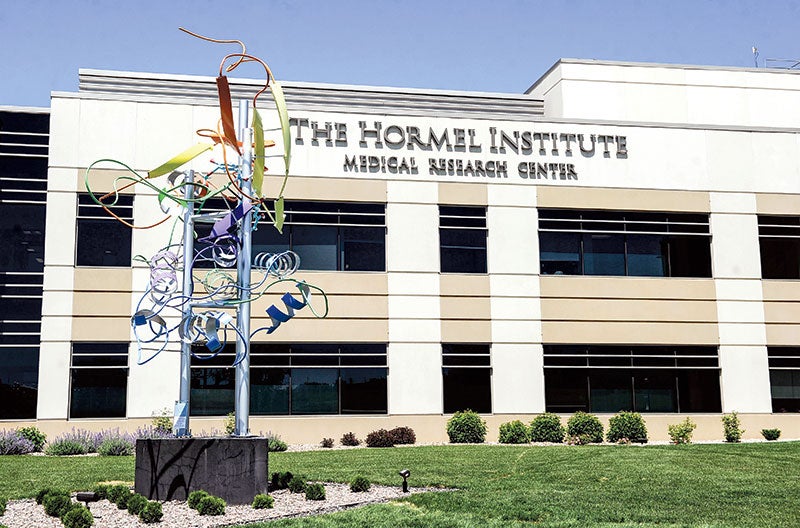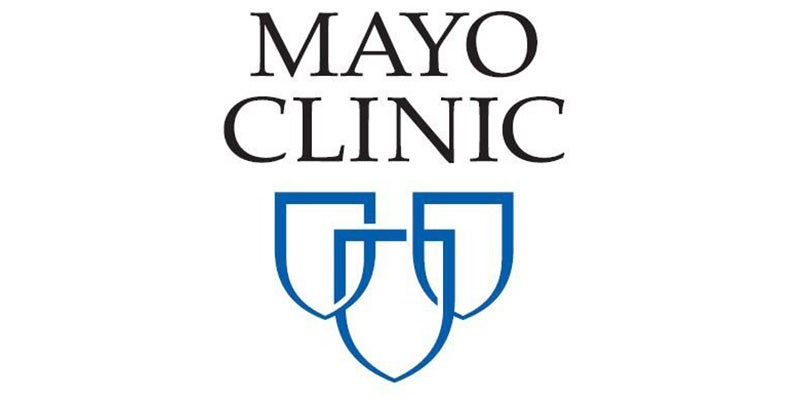Mayo offers an alternative to colonoscopy
Published 9:42 am Thursday, March 20, 2014
By Jeremy Olson
Star Tribune (Minneapolis)
A screening test that requires people to send stool samples in the mail for laboratory analysis is proving nearly as reliable as a colonoscopy in identifying potentially fatal colon cancers.
Invented at the Mayo Clinic, the DNA test could become an equivalent option to the colonoscopy — or at least an alternative for the millions of Americans who ignore their doctors’ recommendations because they are squeamish about the rectal exam or concerned about the cost of the invasive procedure, said Dr. David Ahlquist, a Mayo gastroenterologist and co-inventor of the “Cologuard” test.
The test was 92 percent accurate at identifying patients with colon cancer and 69 percent accurate at identifying patients with the kinds of lesions in their bowels that indicate a high risk for developing cancer, according to clinical trial results published Wednesday in the New England Journal of Medicine.
“Time will tell,” Ahlquist said. “It’s our hope that many individuals who are not being screened because of their reticence to undergo colonoscopy will choose to undergo screening with a noninvasive option like this.”
Regular screening for colon cancer is recommended at age 50, or earlier for people with family histories or greater risks, and was linked in a report Monday by the American Cancer Society to a decline over the past decade in the U.S. rate of colon cancer mortality. But the lack of uptake is also why it remains the third leading cause of cancer death, and contributes to 50,000 deaths in the U.S. each year.
The DNA test comes with its own “eww” factor, in that people would need to fish out their own stool samples and package them to send in for testing. But market research by the manufacturer, Exact Sciences of Madison, Wis, indicates that people won’t be bothered if the test is effective and also covered by health insurance.
Surveys showed only 3 percent of people being put off by having to collect a stool sample; most focused more on results and insurance coverage.
The findings from the company-funded clinical trial of 10,023 people, who were at normal risk for colon cancer, come about two weeks before a U.S. Food and Drug Administration committee is scheduled to decide whether the test is safe and effective for clinical use. The U.S. Centers for Medicare and Medicaid Services have also taken the unusual step of reviewing the test before the FDA review is complete, an indication that the federal agency might expedite Medicare coverage of the test for the nation’s elderly population.
Federal approval could mean the test would be available as early as midsummer.




